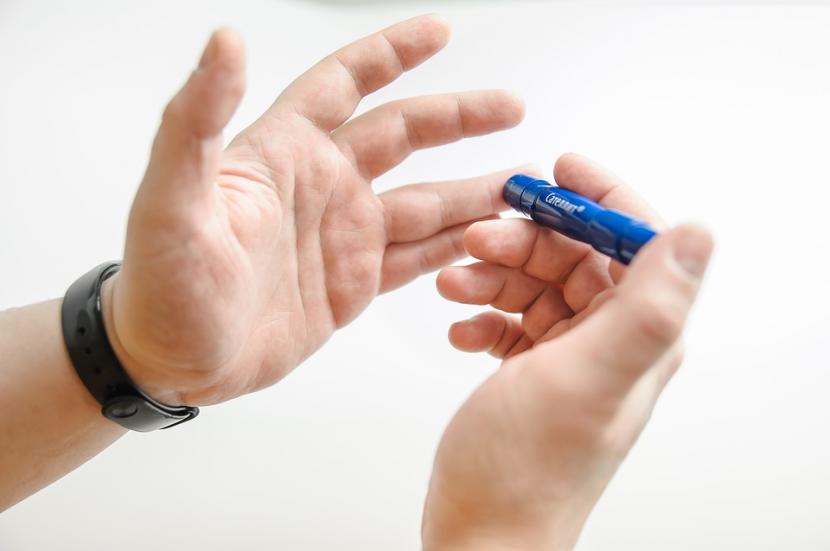Believing in untruthful things about diabetes is actually not good.
REPUBLIKA.CO.ID, JAKARTA — There are about 422 million people with diabetes in the world according to data from the World Health Organization (WHO). Although there are many people who struggle with diabetes, there is still quite a lot of misinformation about diabetes circulating today. Believing untrue information about diabetes can put the disease out of control.
There are at least five information about diabetes which is actually just a myth but is often believed by many people. The following are the five myths, as reported by Prevention, Monday (4/10).
Myth: Sugar Causes Diabetes
Sugar is often accused of being the only cause of diabetes. This assumption is actually not quite right. One of the biggest risk factors for diabetes is obesity. Obesity can be triggered by consuming more calories than needed.
Foods that are high in sugar tend to be high in calories. However, it’s not just sugary foods that have a lot of calories. Fat and red meat also need to be watched out for.
“Fat has twice the calories as sugar,” explains Matt Petersen, Managing Director of Medical Information of the American Diabetes Association.
If you are at risk of diabetes due to obesity, limiting calorie intake is one way that is recommended. Also, choose better calorie sources such as non-starchy vegetables, whole grains, low-fat protein, and dairy products. If you want to eat sweet foods, focus on foods that naturally contain sugar such as fruit.
Myth: Young Children Can Only Have Type 1 Diabetes
Type 1 diabetes is more common in children than adults. However, type 2 diabetes can also be found in children and type 1 diabetes can be experienced by adults. However, cases of type 1 diabetes in adults are often misdiagnosed as type 2 diabetes.
Type 1 and type 2 diabetes have different causes. Type 1 diabetes occurs when the body attacks the pancreas’ own beta cells, preventing the pancreas from producing insulin. Whereas in type 2 diabetes, the pancreas still produces insulin but the body cannot respond well to it.
Myth: Type 2 Diabetes Definitely Needs Insulin
Most people with type 2 diabetes can control their disease through improved diet and exercise, medication, or a combination of the three. Only about 40 percent of people with type 2 diabetes need insulin.
The need for insulin in people with type 2 diabetes will be related to age. Even if you have to use insulin, it’s nothing to be afraid of.
“Your disease is progressing and you need the best measures to manage it,” says Petersen.
Myth: Diabetes can definitely be felt
Diabetes often appears unnoticed by the sufferer. It often takes years before people with diabetes are aware of their disease. Usually, at that time diabetes symptoms what they experienced had become heavier.
Some of the early symptoms of diabetes that are often not realized are an increase in the frequency of urination and thirst. These two symptoms are often overlooked and considered a natural condition in the aging process. After that, symptoms that appear can include blurred vision or a tingling sensation in the hands and feet.
It is estimated that there are about 24 percent of people with undiagnosed diabetes. Therefore, doctors recommend that people, especially those at risk, have regular A1c checks. This simple blood test can provide an overview of blood sugar levels over the past three months and can be used to diagnose diabetes.
Myth: Exercise is Only for Weight Loss Diabetic Patients
One of the lifestyle changes that doctors always recommend to diabetic patients is exercising. However, the benefits of this sport are not just for weight loss in diabetic patients. Exercise can also help improve insulin sensitivity, which can naturally help lower blood sugar levels.
According to several studies, a single exercise session can improve insulin sensitivity by up to 50 percent within 72 hours of exercise. Exercise can also lower your A1c even if your weight doesn’t change.
– .


